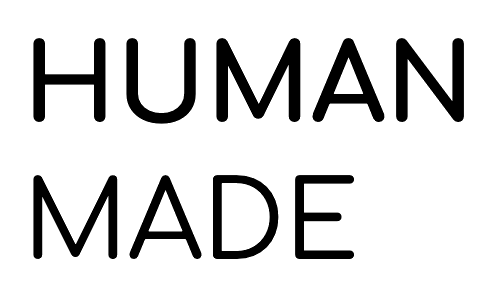Is AI Becoming Human or Are We Turning Into Machines?
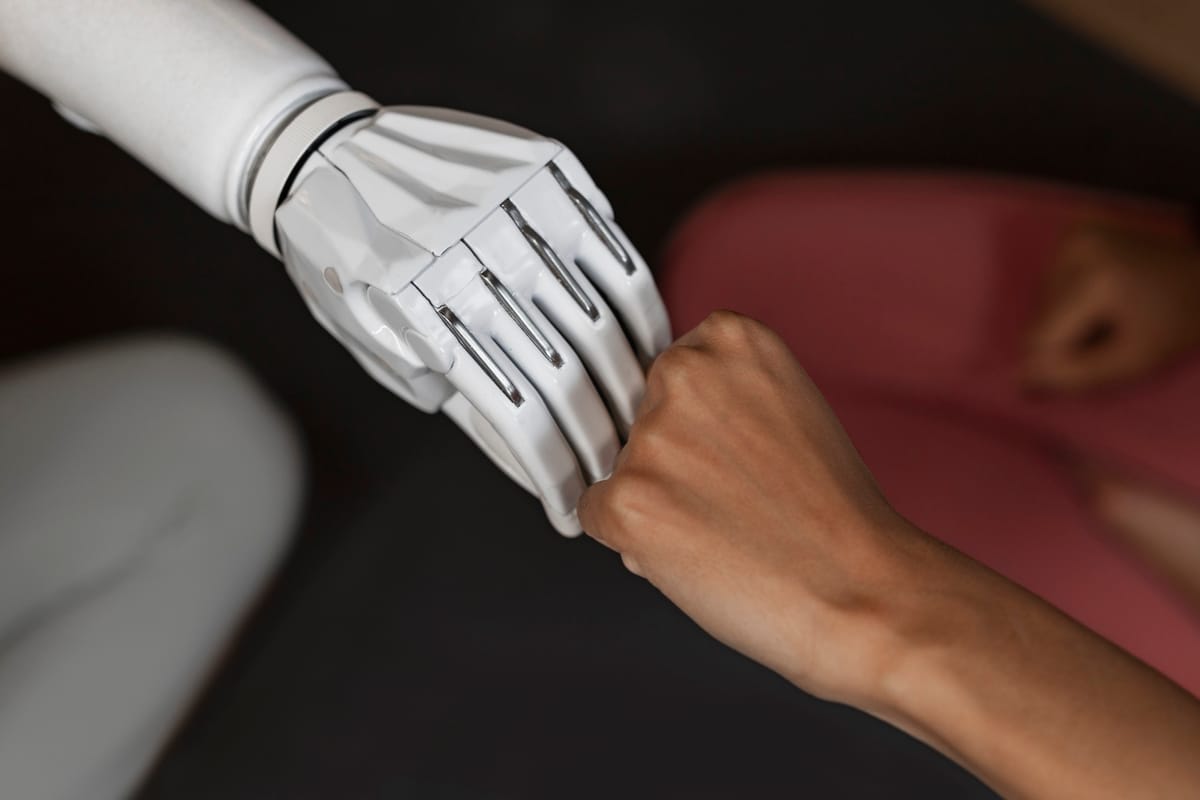
Technology was never the problem.
A year or so ago, I was having dinner with a friend when the subject of my writing came up, and so the inevitable question followed: "Aren't you afraid that AI will be the end of you?”
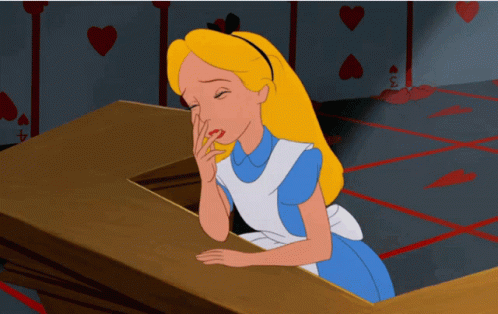
Some assume AI is "better" because it can produce something faster, cleaner, and more efficient than a human ever could — a flawlessly structured accentual-syllabic verse, an image sharper and more polished than even the most skilled Photoshop master could create.
Perfect, spotless, inhumane.
What It Means to Be Human
Setting aside the glaring misunderstanding of the purpose of art, this kind of thinking exposes something far more unsettling: how little regard our own humanity.
I wasn’t an A-grade science student, but hasn’t every major evolutionary leap stemmed from a mutation, a deviation — ultimately, an error? To be human is to be flawed. To be alive is to be imperfect. Or, seen from another angle, we are alive because we are flawed and imperfect.
Perfection doesn’t — nay, cannot — exist in nature because it assumes there’s only one right way of doing things. It implies that everyone and everything should strive for the same standard.
And for the love of me — isn’t that terrifying?
Besides, who exactly are we supposed to be striving to become? Everyday Joe? Nietzsche? Kim Kardashian? In a world of 8 billion unique stories, how do you even define "perfect"?
More importantly, why would you want to?
AI Isn’t Replacing Us, We’re Replacing Ourselves
While public debate fixates on whether AI will take over human roles, a far more insidious shift is unfolding in the background.
Another dinner, another story. Just two months ago, I was visiting friends in the sunny Canary Islands when, inevitably, the topic of AI came up. Of course, it did.
I felt like Bridget Jones at a dinner party full of married couples, awkwardly fielding questions about her spinsterhood.

I explained that not only do I approve of AI, but I use it frequently. Then, added that writing a 2,000-word article without AI takes me just as long as writing one with it. The only difference is that the AI-assisted version has better-researched references, and more polished grammar, which makes my editor’s life easier.
Silence.
Everyone stared at me, wide-eyed, as if I had just started speaking in my native language without realizing it. Finally, one of them broke the silence:
"But… how can it take you so long to write with AI? You just send the prompt and copy-paste the result."
And that’s when I first learned that people aren’t reviewing whatever AI spits out.
My jaw hit the floor.
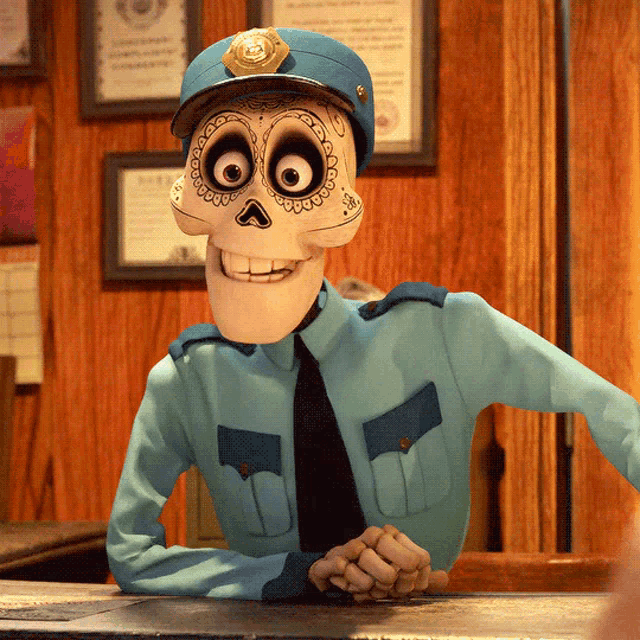
We used to fear that machines would overturn governments, take over the planet, and rule us with their iron fists (just look at the Terminator saga). But, the way I see it, the real crisis isn’t that AI is becoming more human. It’s that we’re starting to hold ourselves to machine-like standards.
We mold ourselves to AI-generated beauty standards and nod along to algorithm-approved opinions, reinforcing the degradation of critical thinking — not out of coercion, but out of convenience.
Aldous Huxley must be turning in his grave.
The real fear isn’t that AI will surpass us. The real fear is that we’ll willingly surrender our original thoughts, convinced that imperfection is a glitch to be fixed and that any form of discomfort is an existential threat (hello, cancel culture).
The real fear is that we will start measuring our humanness through the lens of machines.
And in many ways we already did.
When We Became “Human Doings”
In our quest to achieve more, we’ve somehow become less.
When I sold productivity suites for a big tech company, I had reservations about how things were done. I didn’t approve of the hamster-wheel work ethic, and I saw colleagues’ personal lives fall apart under the weight of work addiction.
But the real turning point came when I realized these tools weren’t meant to give people back their time so they could work less and enjoy life more. They existed to cram more into their day, to push them further, faster — straight into burnout.
Since then, I’ve been watching from the sidelines, seeing how a productivity-obsessed world shapes not just how we see ourselves, but how we speak about ourselves.
We Talk About Ourselves Like Machines
There was a time when people got tired. Now, we run out of battery.
If my WWII-generation grandmother heard me say that, she’d think I was speaking in code. Language evolves, sure. I’d never give up saying “Google it” — who even says “browsing” anymore? But have you noticed how the words we use to describe ourselves sound less human and more mechanical?
Research is very clear on the correlation between the language we use and how we see ourselves[1] — and lately, we’ve been talking about ourselves as if we were designed for efficiency, not existence.
We no longer need to rest, we recharge.
We no longer take a break, we unplug.
We’re no longer overwhelmed, we don’t have the bandwidth.
Because in a world that values output over well-being, why rest when you can power down? Why rest at all?
We Treat Rest as Inconvenience
Humans have turned rest into a moral failing.
We feel guilty for doing nothing: “I just need to keep busy.” When we fall ill, we need to be “up and running” ASAP. And when we do need to rest (ugh 🙄), we must maximize the downtime for peak recovery.
If you think this is an exaggeration, just look at how little time we allow women to recover after childbirth. What could possibly justify separating a mother from her newborn just weeks after delivery if not the belief that a human's worth is tied to productivity?
We Worship Efficiency Over Everything
Newton discovered gravity beneath an apple tree, not while optimizing his calendar.
But when “efficiency” becomes the only metric that matters, deep work and creative wandering lose out to five-step productivity YouTube videos.
Studies show that organizations prioritizing predictability and output above all else actually stifle the open-ended exploration crucial to genuine innovation and long-term engagement.[2]
Progress paradoxically requires inefficiency.
By striving to be perfectly efficient, we're redesigning ourselves to compete on metrics where AI will always win.
We’ve Made Ourselves Replaceable
Ironically, we are designing ourselves to be outperformed by AI.
A publishing friend confided that her company uses AI to screen manuscripts because it's more efficient. AI processes hundreds while humans do ten.
What about the weird, wonderful books that don't fit categories? García Márquez? Bukowski? Hemingway?
Speaking of Hemingway, I read in Everybody Writes that some of his work was once put through the Hemingway App, a tool designed to simplify prose for better readability. He failed.[3] The very writer after whom the app was named was deemed too complex by an algorithm. How do you like them apples?
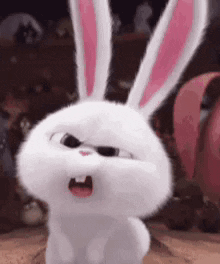
Marketability, trendiness, and similarity are the KPIs of today's world. And if we measure our worth by output and speed, we've already lost the race.
But in our rush to optimize everything, we've forgotten to ask the essential question.
The Question We're Not Asking
We reply-to-all, and refresh our inboxes like it’s a sacred ritual. But… what’s the point of it all?
Is the pinnacle of human existence really measured in content output, inbox zero, or conversion rates? Everyone's entitled to their own opinion, but I believe we are made for more than that.
I've always been a bit idealistic, but I'm not naive. The threat of AI replacing jobs is real. But what scares me more is that in our rush to compete with machines, we're willingly abandoning the very qualities that make us irreplaceably human — empathy, intuition, lived experience.
Productivity and efficiency aren't inherently bad. And neither is AI. AI is nothing but a tool. A tool that's supposed to free your time to pursue what truly matters, like smelling flowers or watching clouds drift across the sky. Yet somehow, we've twisted these tools into chains.
So the question isn't whether AI will replace us. It's whether we'll remember what we were being replaced from in the first place.
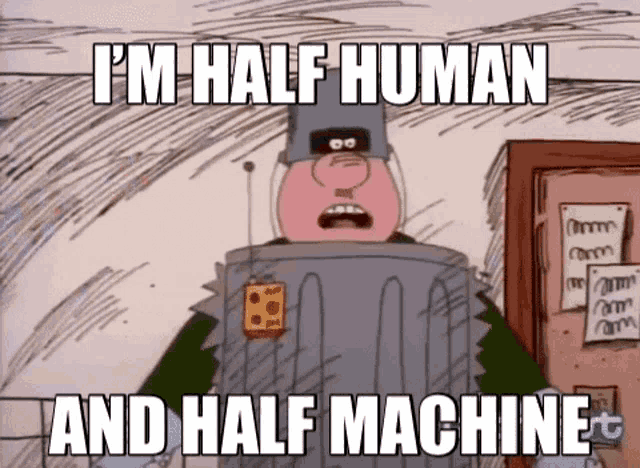
Reclaiming Our Humanity
AI doesn’t compete with us. We compete with it.
Let that sink in.
I believe in a future where we all sit beneath our own vines, free from spreadsheets and data analysis, tasks suited for machines.
So let’s drop this absurd habit of measuring our worth by machine standards. Instead, let’s celebrate the qualities AI will never replicate, like:
- Crying at that scene in The Lion King.
- Meme-ing.
- Instinctively knowing your friend needs to talk just by the sequence of her Instagram stories.
- Understanding that when your mom says she doesn’t need help in the kitchen, she absolutely, 100% does need help in the kitchen
The future doesn’t belong to those who perfect imitation. It belongs to those who unapologetically embrace their humanity. In a world drowning in AI-generated noise, real human expression is priceless.
The rise of AI isn’t a threat. It’s an invitation to rediscover what it truly means to be human.
If we dare.

